
Sonia Jain, PhD, stated that depatuxizumab mafodotin, ABBV-221, and ABBV-321 were the 3 most prominent ADCs in EGFR-amplified glioblastoma.

Your AI-Trained Oncology Knowledge Connection!


Sonia Jain, PhD, stated that depatuxizumab mafodotin, ABBV-221, and ABBV-321 were the 3 most prominent ADCs in EGFR-amplified glioblastoma.

Michael Barish, PhD, discusses a novel cellular therapy for patients with glioblastoma that harnesses chlorotoxin, a peptide found in scorpion venom.

According to Toru Kondo, PhD, EVA1-ADC is able to target glioblastoma-initiating cells while sparing normal cells and stem cells during treatment.
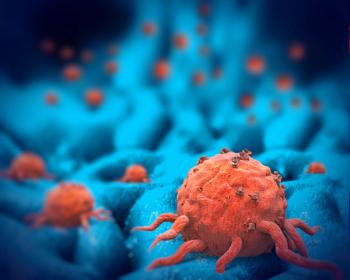
A busy week for the FDA saw notable regulatory approvals across different breast cancer, acute myeloid leukemia, and endometrial cancer indications.
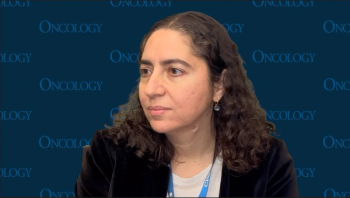
Skin toxicities are common with targeted therapies for GI malignancies but can be remedied by preventive measures and a collaboration with dermatology.

There is a lot of excitement among experts in the field of antibody-drug conjugates as new developments continue to come out in various disease states.

Data show that XCR1-positive conventional type 1 dendritic cells may play a role as mediators of response to atezolizumab in extensive-stage SCLC.

Computational models help researchers anticipate how ADCs may behave in later lines of development, while they are still in the early stages.
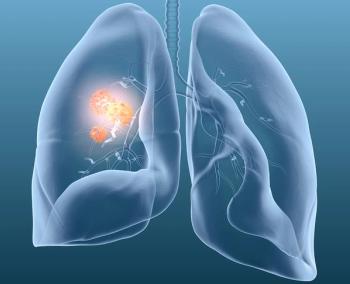
The Aliya PEF ablation procedure achieved local tumor control in 96% of patients and was well-tolerated with no delays to SOC therapy.
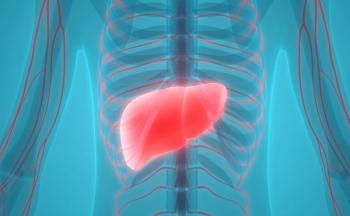
Receiving treatment at an academic center may improve the probability of receiving subsequent curative care among those with hepatocellular carcinoma.
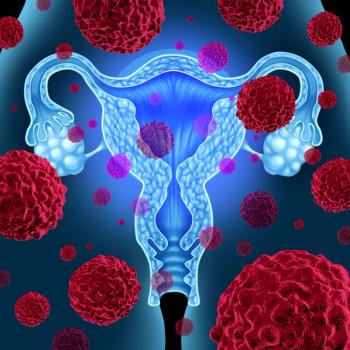
Although the study was underpowered due to a small sample size, nonsignificant improvements in functional and social well-being occurred with MOST-S26.

Results from the phase 3 COMPETE trial demonstrated that 177Lu-edotreotide improved PFS and ORR compared with everolimus in patients with GEP-NETs.

The EGFR/HER3 bispecific ADC is being evaluated in an open-label phase 1/2 study to assess its safety, tolerability, and activity in advanced solid tumors.

ADC payloads with high levels of potency can sometimes lead to higher levels of toxicity, which can eliminate the therapeutic window for patients with cancer.

Data from a phase 1/2 trial demonstrate the potential antitumor activity of FOG-001 in patients with desmoid tumors.

Ron Lattanze, MBA, provided his commentary regarding why H.R.2541 or the Nuclear Medicine Clarification Act of 2025 should be passed.

The FDA has approved pertuzumab-dpzb (Poherdy) as a biosimilar to pertuzumab (Perjeta) in breast cancer, based on a review of various attributes, including safety and efficacy data.
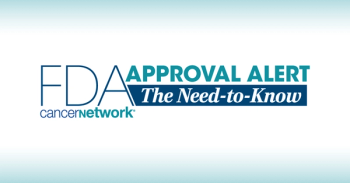
Clinical data from the phase 1b/2 KOMET-001 trial support the agency’s approval of ziftomenib in this patient population.

Data from a phase 1 trial demonstrate the safety and feasibility of administering chlorotoxin-based cellular therapy to those with recurrent glioblastoma.

According to Greg Thurber, PhD, target-mediated uptake is the biggest driver of efficacy for antibody-drug conjugates as a cancer treatment.
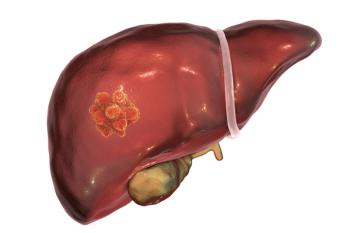
DFS rates at 2 years were improved with cemiplimab plus SBRT vs cemiplimab alone in patients with resectable hepatocellular carcinoma.

Establishing guideline harmonization and practice standardization may help promote the safe and consistent delivery of radiopharmaceutical therapies.

The Promega OncoMate MSI Dx Analysis System was previously approved to identify Lynch syndrome in patients with CRC.

Preliminary findings from a phase 2 trial show clinical activity with MB-105 in patients with relapsed/refractory T-cell lymphoma.

At 1 and 2 years, the progression-free survival rates were higher with nivolumab plus ipilimumab vs pembrolizumab in patients with cutaneous melanoma.

Most patients with BCG-unresponsive NMIBC treated with detalimogene voraplasmid did not experience TRAEs, and only 1.6% experienced dose interruptions.

Findings from 2 studies showed that onetime cell therapies can elicit complete tumor regression in patients with advanced epithelial cancers.

Phase 2 data show consistent overall immunotherapy immunogenicity with ELI-002 7P in those with KRAS-mutated pancreatic ductal adenocarcinoma.

Data from the ASCENT-07 trial show an early trend toward improved overall survival with sacituzumab govitecan vs chemotherapy.

Results from the PEAK trial showed increased PFS in the bezuclastinib plus sunitinib arm vs sunitinib alone for patients with GIST.